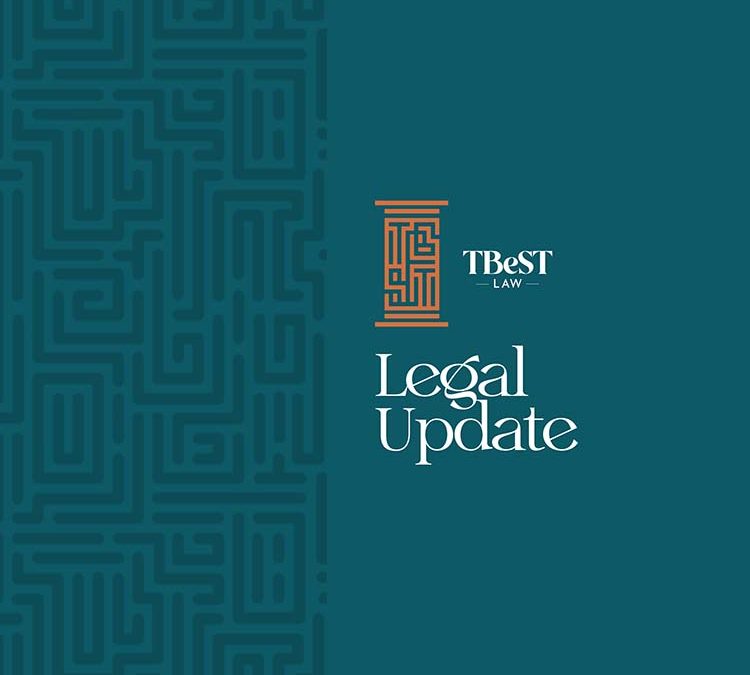A Landmark Development for Ethiopia’s Real Estate Sector
Sisay Habte and Michael Mengistu
The House of Peoples Representatives has passed the long-awaited Real Estate Development and Real Property Marketing and Valuation Proclamation as Proclamation No. 1357/2024. The Proclamation aims to establish a transparent and accountable national real estate development and marketing system to lower transaction costs, thereby promoting greater efficiency in the market. Additionally, the proclamation seeks to create a reliable and accessible national real estate valuation system, which will provide accurate property assessments. The Proclamation also intends to accelerate national development by reducing corruption through a comprehensive real estate management framework. Lastly, it emphasizes strengthening urban land procedures and capacities to ensure efficient governance and sustainable development within the sector.
This summary will focus on real estate developer licensing, land provision, duties of real estate developers, property valuation, marketing, and brokers as provided in the Draft Proclamation. In addition, it will also briefly assess the mandates of the Ministry of Urban and Infrastructure and regional states.
- Licensing Real Estate Developers
The draft proclamation defines a real estate developer as a person who is involved in the construction and sale of more than 50 residential properties, either independently or in collaboration with the government or other organizations. It encompasses those who offer these properties for lease or rental to end users. The real estate developer, both domestic and foreign, must obtain a real estate qualification license to engage in real estate development. In this regard, domestic investors should fulfill the following minimum criteria in order to obtain a developer’s license:
- Ability to transfer at least 50 houses to buyers;
- Ability to provide financial means and resources to develop the real state or permission for a pre-sale; and,
- Submission of a project study for the intended development and detailed construction schedule.
On the other hand, foreign investors are also required to transfer at least 50 houses and provide a project study along with a detailed construction schedule. They must also fulfill the following requirements in order to obtain the license.
- A minimum capital requirement as regulated in the investment proclamation and regulation of Ethiopia; and.
- Fulfillment of other regulations that target foreign investors.
It must be noted that foreign investors can also engage in real estate development jointly with domestic investors. The Draft Proclamation provides that the details of this arrangement will be addressed in a regulation that will be issued after the publication of the real estate proclamation.
A developer’s qualification license is valid until project completion but can be renewed if justified. This renewal or cancellation must be communicated to the body issuing investment and business licenses. The process and effect of renewal of licenses is not addressed in the Draft Proclamation. It is expected to be included in the regulation.
- Provision of land for real estate developers
Land for real estate development in cities will be allocated to developers on a priority basis based on the scale of their projects. In Addis Ababa, developers building and transferring more than 5,000 houses get priority to get land, while in cities with significant housing needs or industrial parks, the threshold is 1,000 houses. In smaller cities, priority will be given to those developing more than 500 houses. The specific details of these provisions will be outlined in a regulation.
- Government Support
Both Local or foreign real estate developers which have an investment and trade license can be subject to a favorable treatment to get land if they meet one of the following criteria:
- Build 500 to 5,000 houses, with 40% designated as affordable housing for low and middle-income communities.
- Import necessary materials not available locally, use the foreign currency system, and reinvest 60% of the remittance profits domestically for up to 10 years.
- Save foreign currency by constructing a local factory to produce building materials, reducing the need for imports and foreign currency usage from real estate sales.
Moreover, the government may offer guarantees to real estate developers (local and foreign) borrowing from foreign banks with long repayment periods, in accordance with National Bank of Ethiopia regulations.
- Duties of Real Estate Developers and Buyers
Real estate developers have several duties beyond adhering to legal and contractual obligations. Houses cannot be transferred with less than 80% completion without customer consent and must avoid false advertising. Developers are prohibited from registering customers or collecting advance payments before securing land ownership certificates and building permits. They must ensure that legally acquired land is not registered for more houses than it can accommodate, encourage home buyers to form associations, and provide complete documentation on the building’s details, including possession certificates and design specifications.
Developers are also required to issue legal receipts for payments made. Real estate buyers, on the other hand, must make payments on time, provide necessary information for the construction process, and participate in establishing associations. Local developers selling houses before construction must secure permission from authorities, deposit customer payments in a closed bank account, and ensure house ownership is restricted until the houses are completed. Finally, developers must submit building descriptions, while authorities should support home buyers in forming associations to safeguard their interests.
- Property Valuation: Valuer’s Licensing System and Valuer’s Responsibilities
In addition to regulating real estate developers, the draft also addresses property valuation and experts in the sector. Accordingly, valuers must possess a valid professional license and business license to engage in the property valuation business. These licenses are granted at the federal, regional, or city level, based on the property’s type and value. Valuers’ qualifications must be reviewed every three years. Misconduct can result in penalties such as suspension or confiscation of the license.
- Real Property Marketing System:
The draft outlines key responsibilities and procedures for transparency and fairness in real estate transactions and marketing. Accordingly, all participants are required to disclose transaction prices upon request. The government regularly announces price limits to improve competitiveness and guide pricing, and sellers must disclose property prices based on these guidelines. If a property’s appraised value differs from market indicators, it is subject to verification and correction. Real property sales data will be used for compensation claims and wealth distribution, with adjustments made for inflation and property value changes. The government will research and publicly disseminate real estate price trends to ensure transparency.
- Property Brokers
Individuals participating in the real estate market as independent brokers must meet specific educational and professional ethics standards. They are required to hold a valid business license to operate. Additionally, brokers and property managers must adhere to a code of conduct set by the relevant authority. The government is tasked with establishing national qualification standards for brokers, issuing licenses, and monitoring their performance. Regional governments are responsible for registering brokers, granting professional licenses, and ensuring compliance with legal and ethical standards. Misconduct by brokers can lead to penalties, including the cancellation of their licenses.
- Mandates of the Ministry of Urban and Infrastructure and Regional States
- Mandates of the Ministry
The Ministry of Urban and Infrastructure Development is responsible for developing national real estate systems, granting licenses to brokers and valuers, conducting research, establishing real estate market systems, and monitoring compliance. It also develops a guarantee system for pre-sold houses, issues licenses at the federal level, and creates professional standards. Furthermore, regional authorities are tasked with ensuring adherence to free market principles and establishing warranty systems to protect buyers’ rights.
- Mandates of Regional States
Regional states prepare guidelines for real estate development based on national laws, rank cities, and develop modern systems for real estate marketing. They are also responsible for adapting property valuation criteria, monitoring the market, issuing licenses, and taking actions against violations. Regions ensure that advertisements are accurate and take legal action if false.
Legal Disclaimer: The information provided in this update is for general informational purposes only and does not constitute legal advice. This update is based on the contents of the draft proclamation and may be subject to change upon promulgation and circulation of the proclamation. This update reflects the current legal landscape as of the date of publication, but laws and regulations are subject to change. Readers should not act or refrain from acting based on the content without seeking professional legal advice specific to their circumstances. No attorney-client relationship is established by reading or responding to this post. For personalized legal guidance, please contact our team of experienced lawyers.


